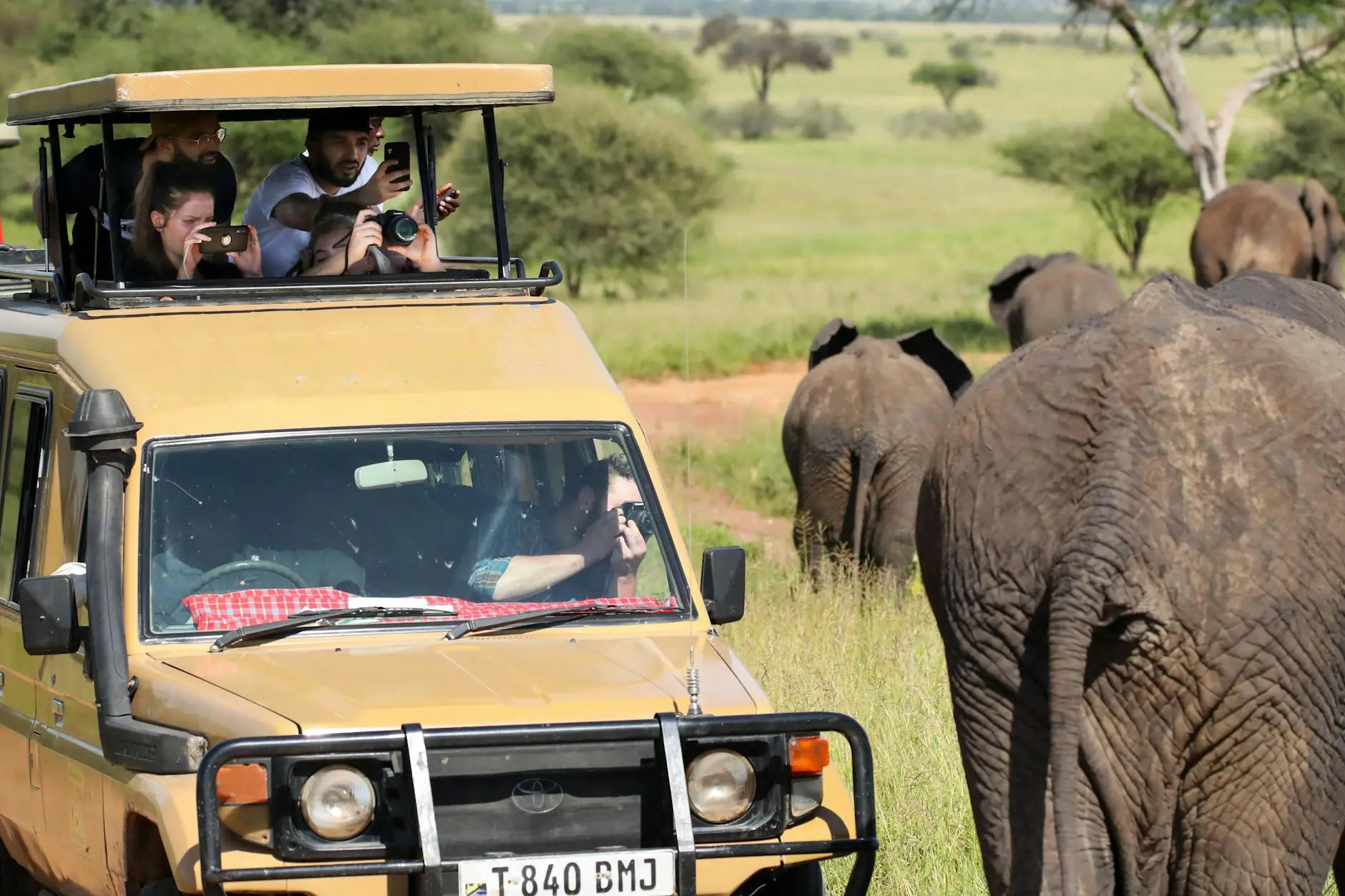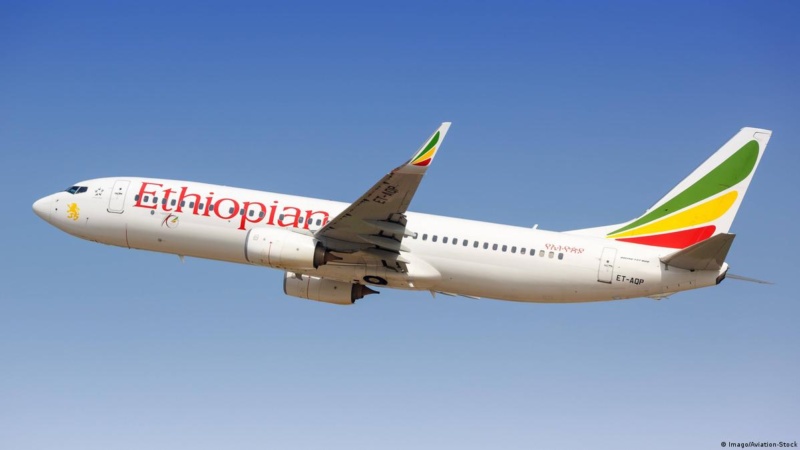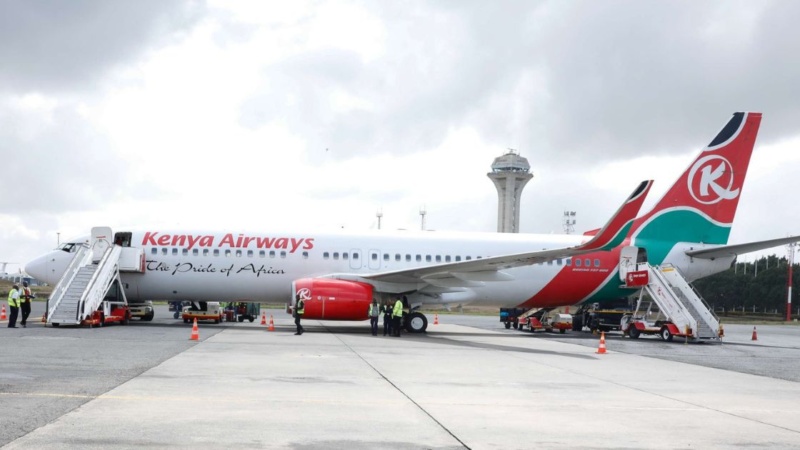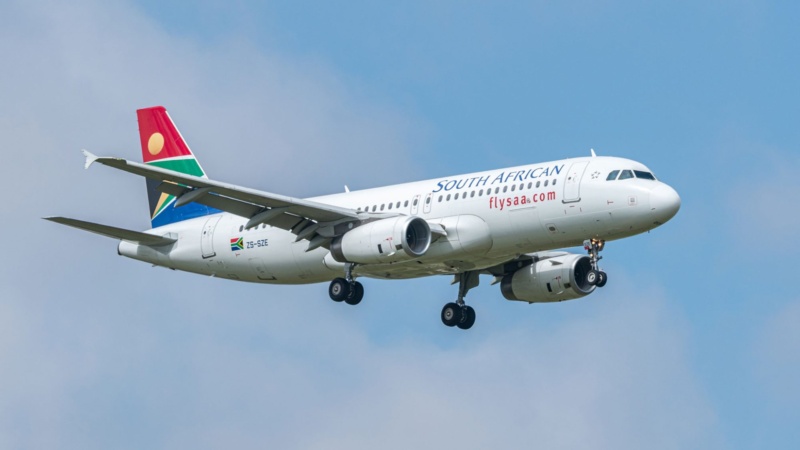Africa’s Tourism Sector Poised for Growth in 2025

As Africa’s tourism sector approaches 2025, it is set for a robust recovery following recent challenges. The latest World Tourism Barometer from UN Tourism anticipates a full global tourism recovery by December 2024, despite various economic, geopolitical, and climate hurdles. This marks a pivotal moment for Africa, a continent rich in untapped tourism potential. With tourism receipts increasing at double-digit rates compared to pre-pandemic levels, countries like Tanzania have already exceeded 2019 arrival numbers. The upcoming year presents a crucial opportunity to harness this momentum and position tourism as a key driver of Africa’s economic growth.
Harnessing MICE Tourism Potential
A significant opportunity for Africa lies in Meetings, Incentives, Conferences, and Exhibitions (MICE) tourism. This niche market attracts high-spending business travelers and promotes international collaboration and investment. To fully capitalize on MICE, African nations need to develop modern conference facilities, enhance marketing strategies, and foster partnerships between governments and the private sector. Cities like Kigali, Cape Town, Marrakesh, Windhoek, Addis Ababa, and Accra have already demonstrated their capacity to host world-class events. By working together to promote MICE tourism, Africa could establish itself as a premier destination for global business events.
Culture and Arts as Tourism Attractions
The continent’s rich arts and cultural heritage offers immense potential for attracting tourists. From contemporary art scenes in Lagos to traditional crafts in Marrakesh, Africa’s creative sector is ready for exploration. A strategic approach is necessary to integrate arts into the tourism experience, involving collaborations among artists, tourism boards, and tour operators, as well as hosting festivals and exhibitions that showcase African creativity globally. By inviting travelers to engage with Africa’s cultural richness, the sector can diversify offerings while supporting local artists and communities.
Improving Air Access and Visa Policies
Intra-Africa travel is hampered by limited air connectivity and restrictive visa regulations. Addressing these barriers is essential to unlock Africa’s tourism potential. Implementing the African Union’s Single African Air Transport Market (SAATM) and e-visa initiatives can significantly enhance accessibility. Streamlining visa processes and increasing direct flight routes between African destinations will not only promote regional travel but also foster economic integration and reduce dependence on international tourists.
Embracing Technology for Enhanced Tourism
Integrating technology into the tourism sector can revolutionize service delivery and improve visitor experiences. Online booking platforms, digital marketing, virtual reality tours, and AI-powered customer service present numerous opportunities for innovation. Governments and industry stakeholders must invest in digital infrastructure, train staff in technology use, and create seamless digital ecosystems for modern travelers. Additionally, technology should support strong IT and internet access to attract Digital Nomads—a growing segment of global travelers. Policies such as Digital Nomad Visas, already adopted by countries like South Africa and Mauritius, can further position Africa as a prime destination for remote work.
Gastronomy as a Key Tourism Element
African gastronomy, with its diverse flavors and culinary traditions, is gaining international attention. From jollof rice in West Africa to couscous in the North, the continent’s culinary scene offers authentic experiences for visitors. Promoting food tourism through culinary festivals, food trails, and cooking classes can elevate African cuisine as a major attraction. Emphasizing local ingredients and sustainable practices aligns with the global trend toward responsible tourism.
Data-Driven Strategies for Tourism Growth
Data is crucial for informed decision-making, and Africa’s tourism sector must prioritize investments in data collection and analysis. Understanding visitor demographics, spending habits, and preferences will allow destinations to tailor their offerings effectively. Establishing tourism observatories and collaborating with international organizations can enhance Africa’s ability to measure and maximize the economic impact of tourism. As Africa’s tourism sector heads into 2025, it stands at a critical juncture. The recovery witnessed in 2024 highlights the industry’s resilience and potential. By leveraging MICE, arts, and gastronomy, addressing air access and visa challenges, embracing technology, and investing in data-driven strategies, Africa can transform its tourism sector into a cornerstone of its economies. With focused efforts and strategic partnerships, 2025 could usher in a new era for Africa’s tourism industry.
Originally Published at TRAVELNEWSAFRICA






